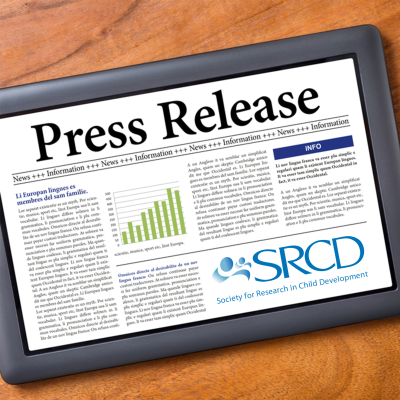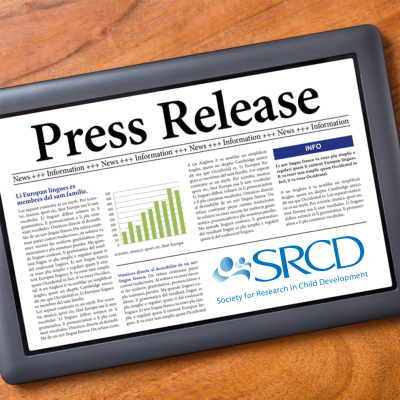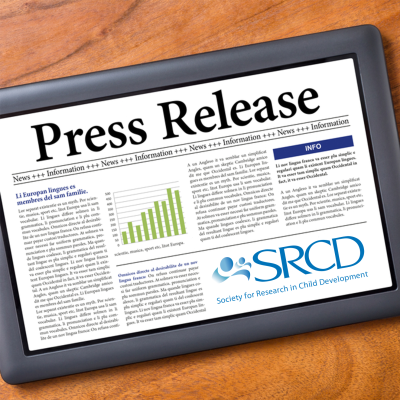Spatial, Written Language Skills Predict Math Competence
PRESS RELEASE / CHILD DEVELOPMENT: Embargoed for Release on October 22, 2013
Early math skills are emerging as important to later academic achievement. As many countries seek to strengthen their workforces in the STEM (science, technology, engineering, and mathematics) fields, understanding the early contributions to math skills becomes increasingly vital. New longitudinal research from Finland has found that children’s early spatial skills and knowledge of written letters, rather than oral language skills, predict competence in this area.
The research also found that children’s ability to count sequences of numbers serve as a bridge: Children with stronger early spatial skills and knowledge of written letters did better in counting sequences of numbers; such skill in counting was related to later math competence in general.
Published in the journal Child Development, the study was conducted by researchers at The Hong Kong Institute of Education, and the Niilo Mäki Institute and the University of Jyväskylä, both in Finland.
“Our results provide strong evidence that children’s early acquisition of written language, spatial, and number skills forms important foundations for the development of their competence in math in the elementary years,” according to Xiao Zhang, assistant professor of psychology at The Hong Kong Institute of Education, who led the study. Spatial skills involve the ability to understand problems that relate to physical spaces, shapes, and forms.
“As a practical matter, programs that build young children’s spatial and written language skills might help accelerate subsequent number-related knowledge and, in turn, the development of competence in math.”
Researchers tested the linguistic and spatial skills of 1,880 Finnish children in kindergarten, gauging their awareness of phonetics, knowledge of letters and vocabulary, and understanding of spatial relations. Then they tested the children’s math performance on paper-and-pencil tests from first to third grade. With a randomly selected group of about 375 children from the initial group, the researchers also tested how well the children could count numbers in forward and backward sequences when they were in first grade.
Children with better written language skills (those with more knowledge of written letters) not only had stronger math competence at the start of first grade, but advanced more rapidly in math through third grade. In contrast, children with strong oral language skills were not more likely to show strong math ability later.
Spatial skills also were found to predict children’s development in math: Children with better spatial skills had stronger competence in math in first grade and later had more growth over time. And spatial and written language skills improved the development of math by enhancing children’s knowledge of sequential counting.
The study was funded by the Academy of Finland.
###
Summarized from Child Development, Linguistic and Spatial Skills Predict Early Arithmetic Development via Counting Sequence Knowledge by Zhang, X. (The Hong Kong Institute of Education), Koponen, T., and Räsänen, P. (Niilo Mäki Institute, Finland), Aunola, K., Lerkkanen, M.- K., and Nurmi, J.-E. (University of Jyväskylä, Finland). Copyright 2013 The Society for Research in Child Development, Inc. All rights reserved.


